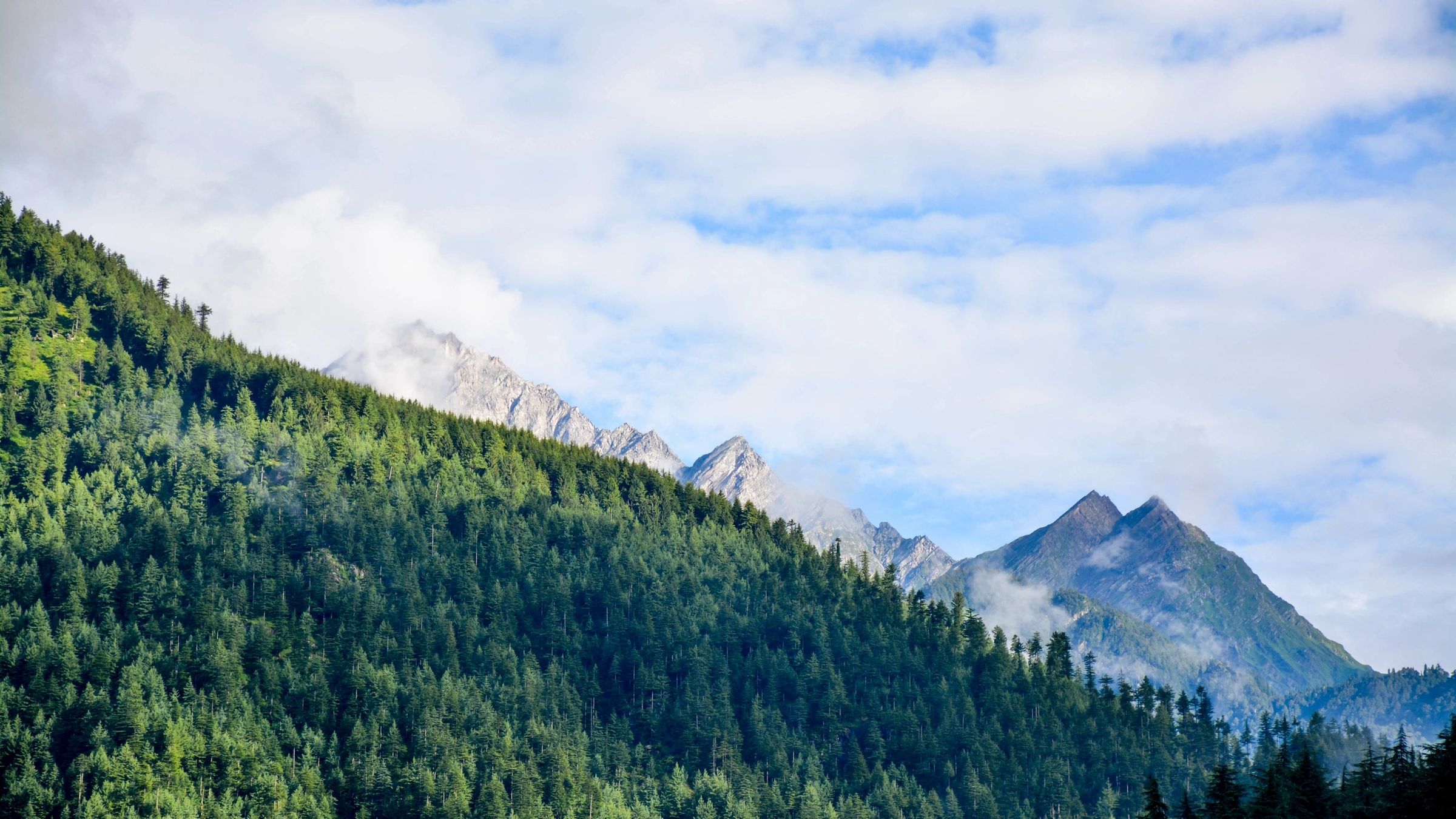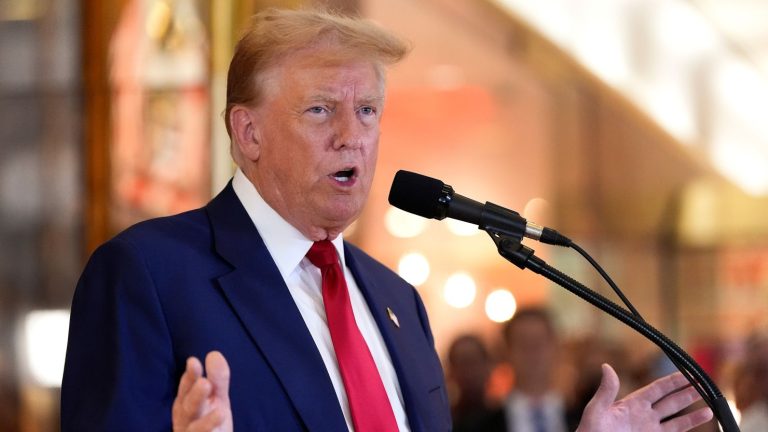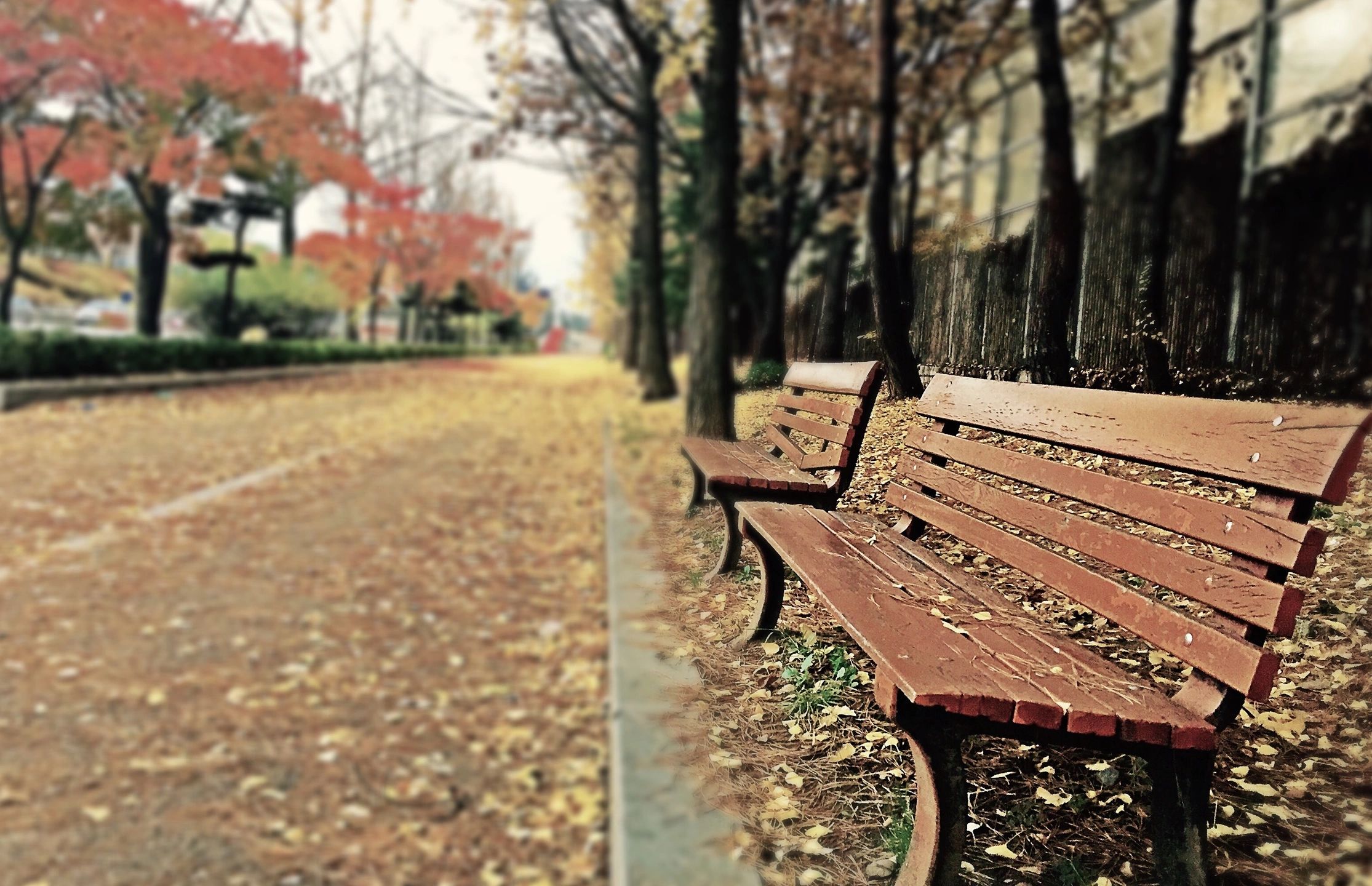The head of a forensic anthropology organization in Guatemala is extending assistance to Indigenous communities in Canada who are examining unmarked graves connected to residential schools.
When he was nine, Fredy Peccerelli’s family fled Guatemala’s civil war to New York City after his father was threatened by government death squads, but he later resolved to return.
Today, after leading searches for the war’s mostly Mayan victims for 26 years, he’s known as one of Guatemala’s foremost experts in the field, and he’s willing to share his expertise with Indigenous communities here.
“You’re not alone,” he said.
“Your Mayan brothers and sisters have gone through this for the last many decades searching for their loved ones.”
Peccerelli is the executive director and co-founder of the Forensic Anthropology Foundation of Guatemala (FAFG), that travels the country applying a multidisciplinary victim-identification system to seek, exhume, identify and return remains.
He was struck by the detection of more than 200 suspected unmarked graves at the former Kamloops Indian Residential School in British Columbia in 2021 and felt obliged to reach out.
“I immediately thought that the First Nations could use, should use and can develop their own forensic capacity,” he said.
Guatemala is a mountainous Central American country, about one-tenth the size of Ontario, situated on Mexico’s southern border. Its civil war began in 1960 and ended in 1996, pitting the country’s military against leftist guerilla groups.
As part of the peace process, the United Nations-backed Commission for Historical Clarification was established to seek truth and reconciliation in Guatemala.
In 1999, the commission concluded agents of the Guatemalan state committed acts of genocide against Mayan groups, finding the military treated the entire Mayan population as an enemy of the state.
The commission found roughly one in five of the conflict’s more than 200,000 dead were subjected to human rights violations like arbitrary execution, forced disappearance and clandestine burial.
They’re known as the disappeared.
Eighty-three percent of fully identified victims, the commission said, were Mayan but in 2014 Guatemala’s congress rejected the genocide finding and passed a non-binding resolution denying it.
The FAFG recovered more than 8,000 victims, of whom 3,700 have been identified. What follows is inhumation: when the bones come home.
Once they arrive, an expert places them anatomically in a coffin as the community bears witness, a heavy and emotional process, but one that’s dignified and provides a sense of closure.
“It’s almost as if the person is appearing before your eyes again,” Peccerelli said.
“It humanizes the victim and the family in a way that is difficult to explain.”
Outreach prompted by Kamloops
Peccerelli is tied to Canada through honorary doctorates from Canadian universities.
He visited Canada twice following the Kamloops announcement and still watches reports closely.
Kimberly Murray, the special interlocutor for missing children and unmarked graves associated with Indian residential schools, invited Pecerelli to give a keynote address at a gathering in Edmonton last fall.
Following the event, she suggested the FAFG’s Indigenous-led approach offers a model for communities here. She cited it approvingly in a recent brief to the UN Special Rapporteur on the Rights of Indigenous Peoples.
Murray noted the ongoing debate about how, if and when to repatriate remains is one of several barriers communities leading searches face.
Canada’s Truth and Reconciliation Commission in 2015 concluded the federal establishment and operation of residential schools was central to Canada’s policy of cultural genocide.
An estimated 150,000 Indigenous children attended the schools, which for more than a century aimed to strip them of their culture, corrode family ties and assimilate them into mainstream society.
In a supplementary report, the commission said it was unable to fully investigate unmarked burials and cemeteries.
As communities now complete that work, success will mean different things to different people, Peccerelli said. Some may choose to leave the earth undisturbed, but the Guatemalan experience taught him that families, more than anything, want truth.
“Truth is what tortures us,” he said.
“When we don’t have it, our minds just find explanations for why things happened, and what happened.”



